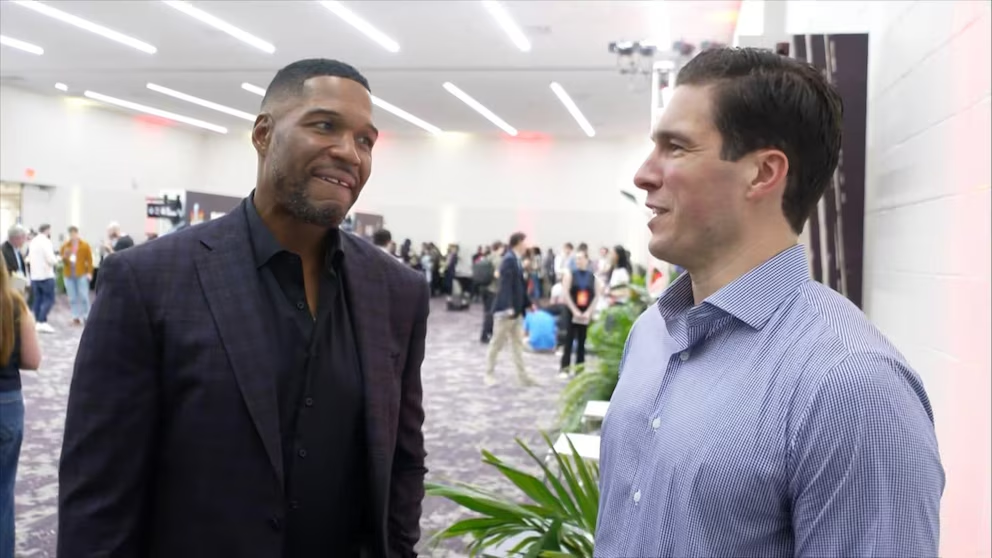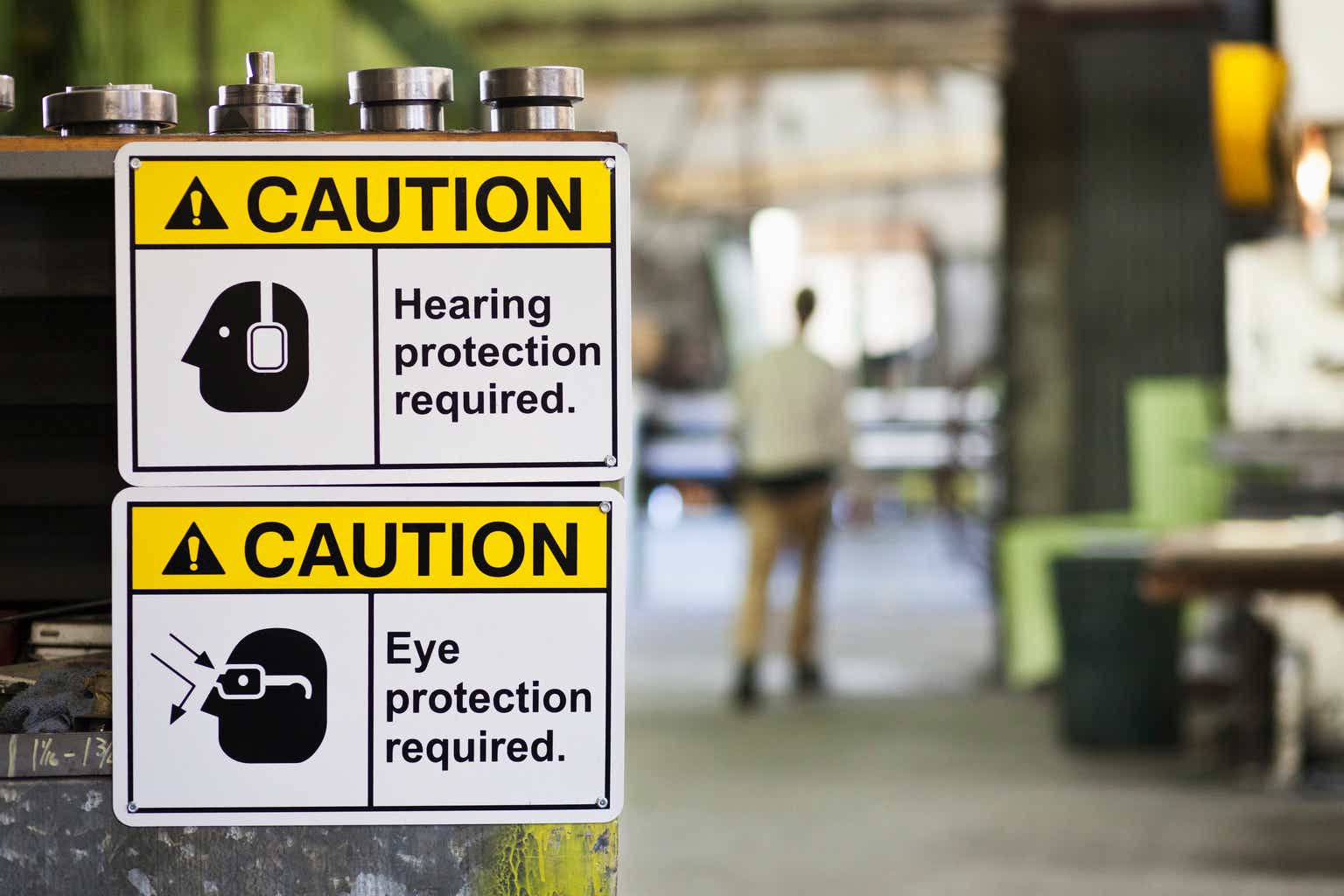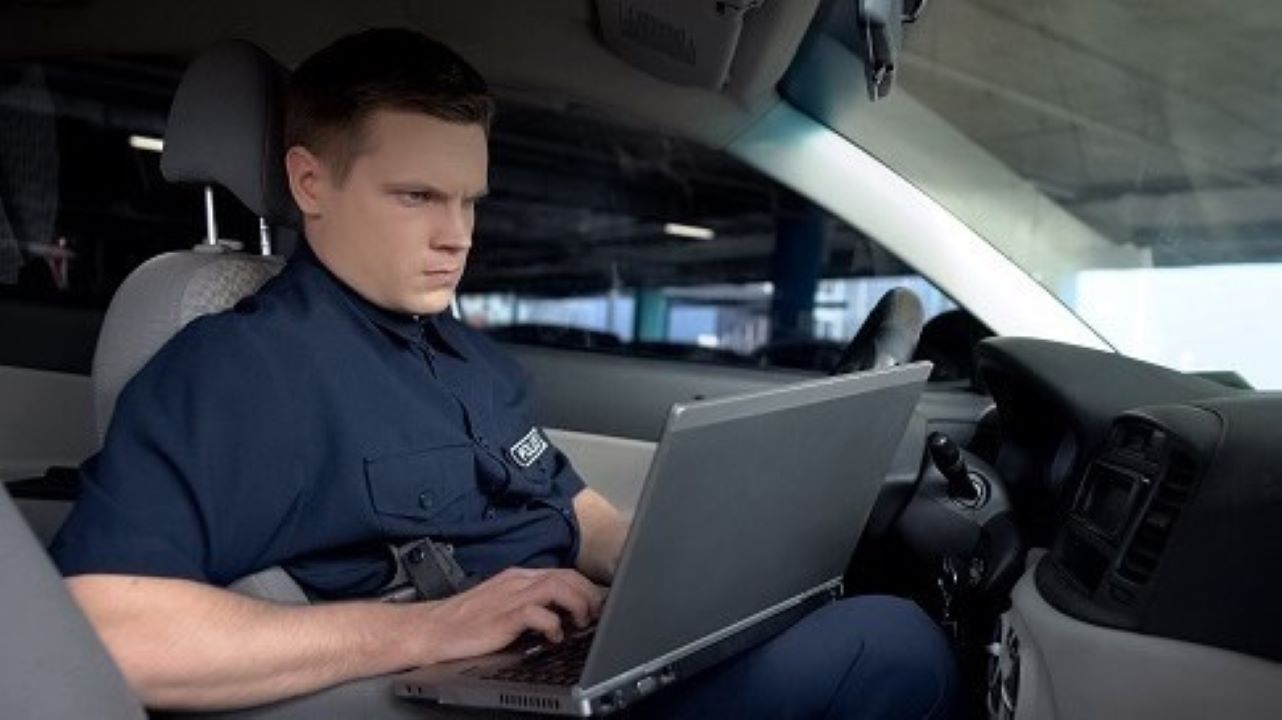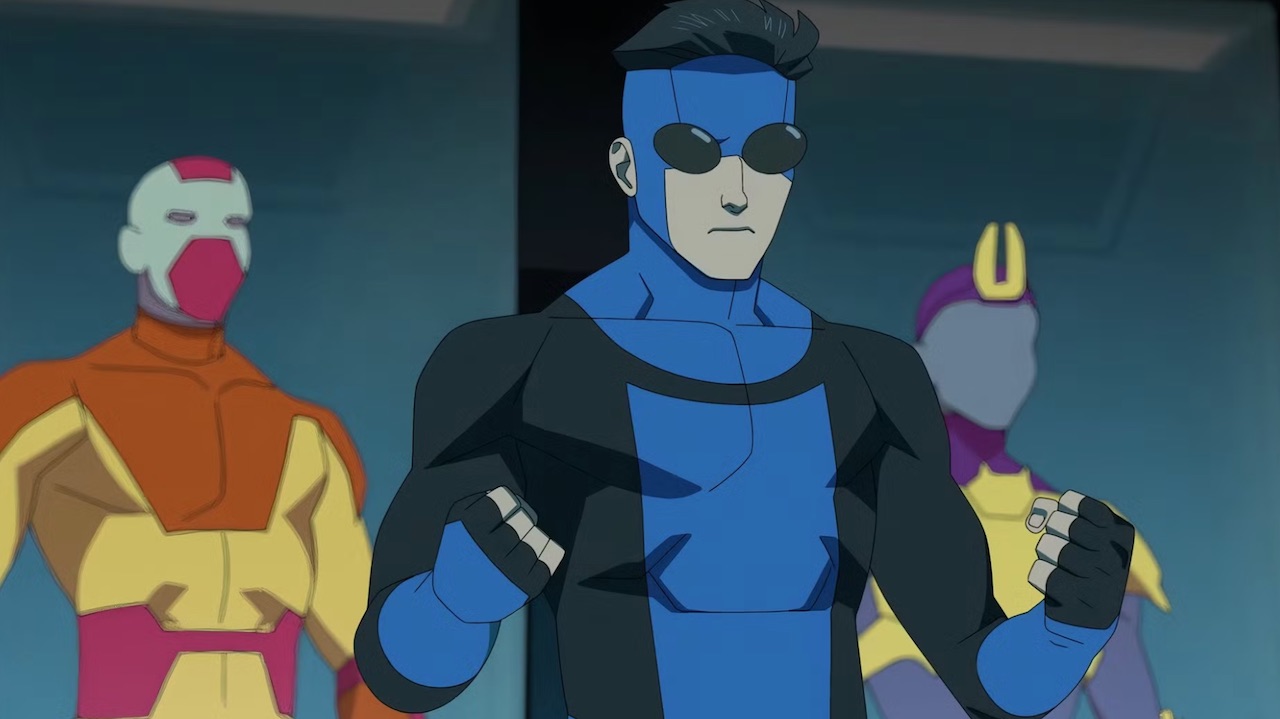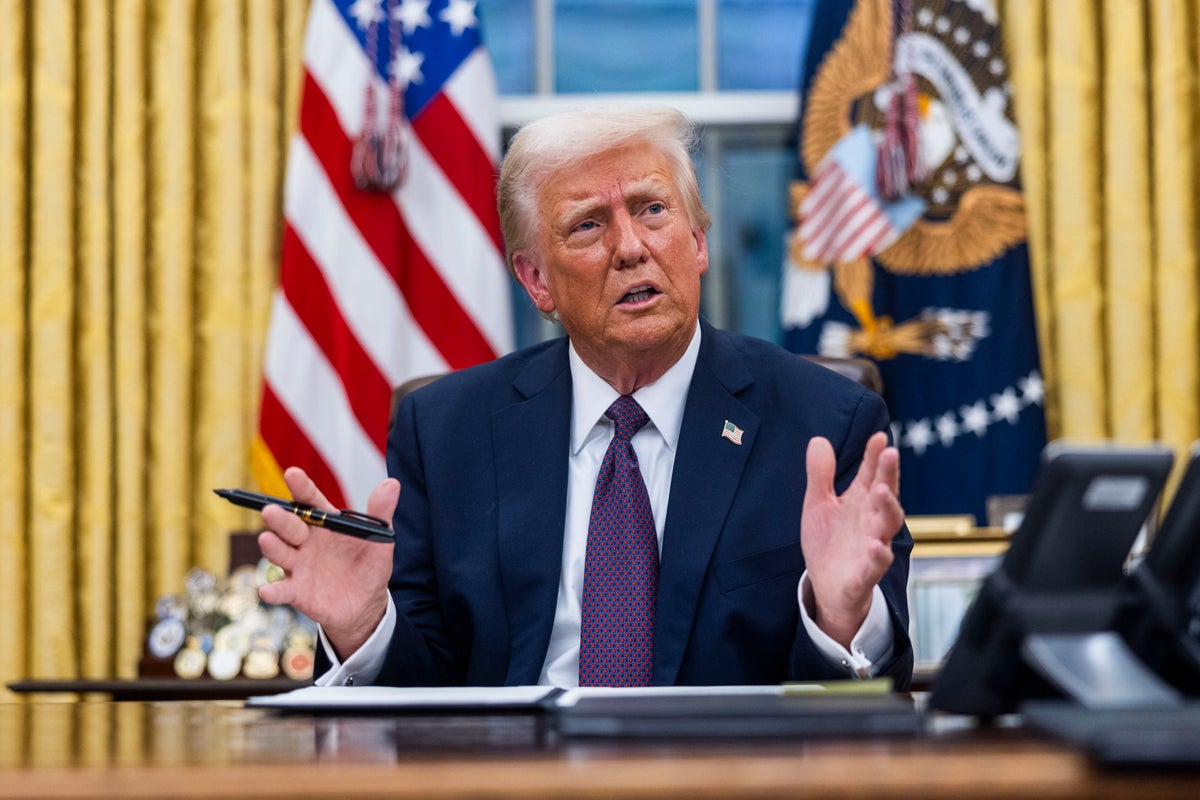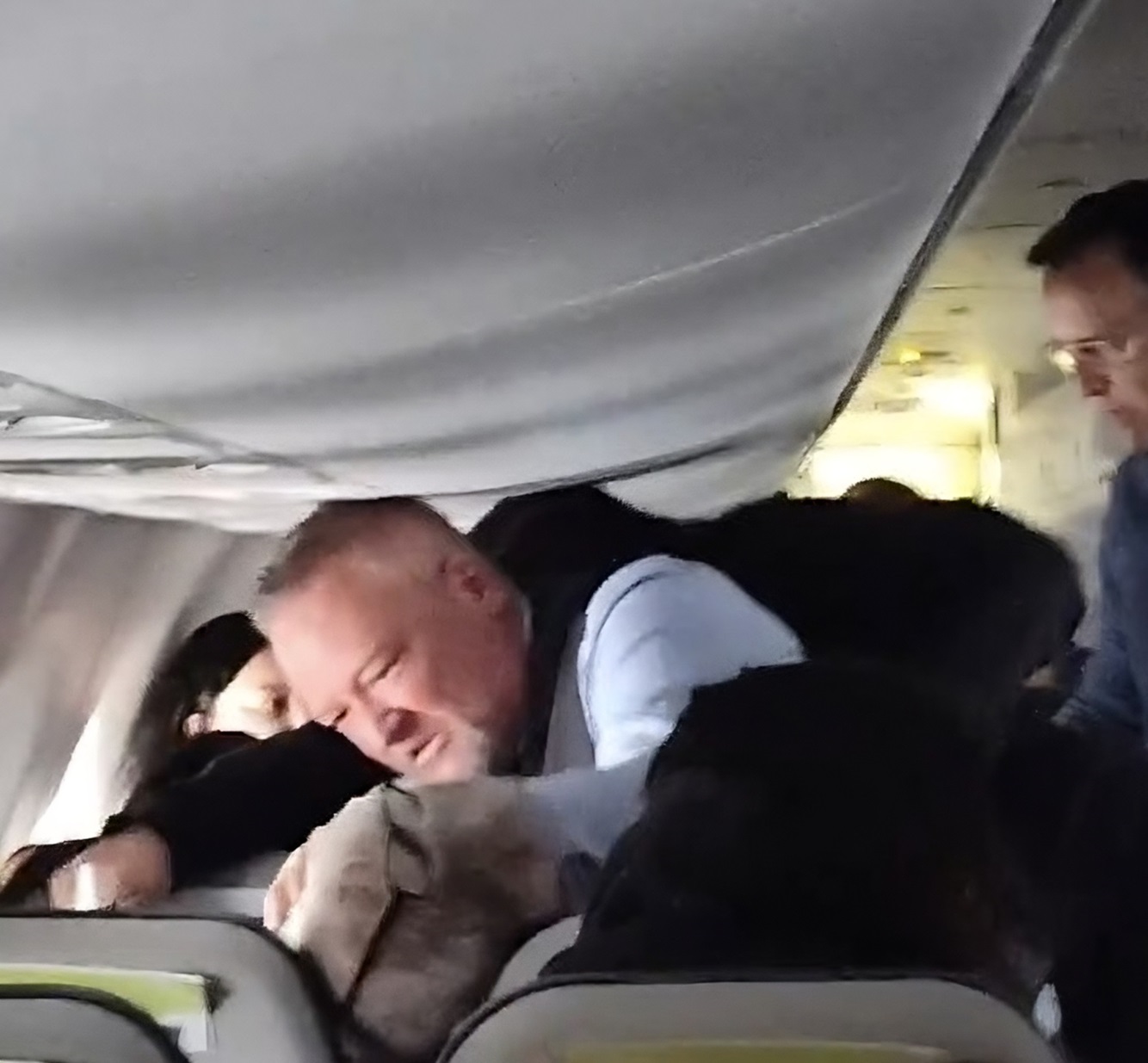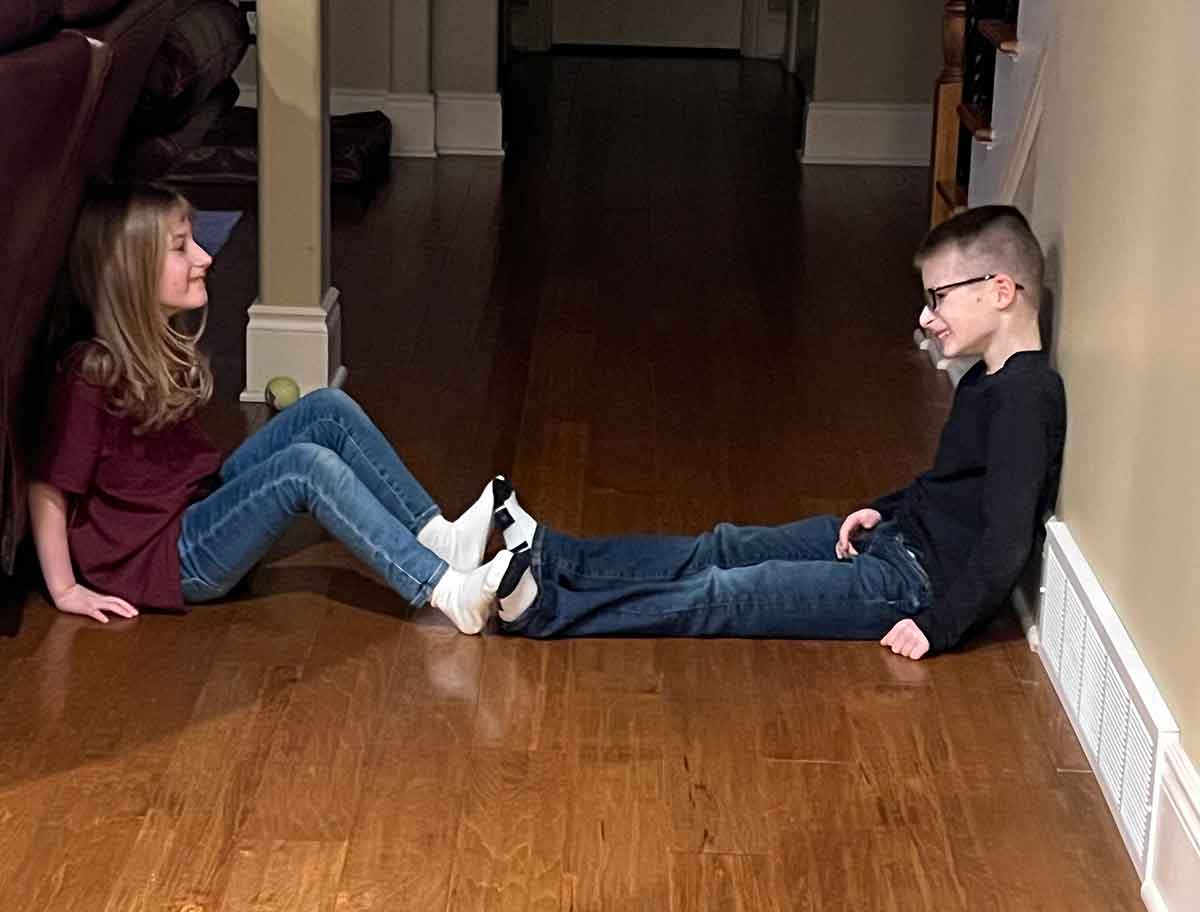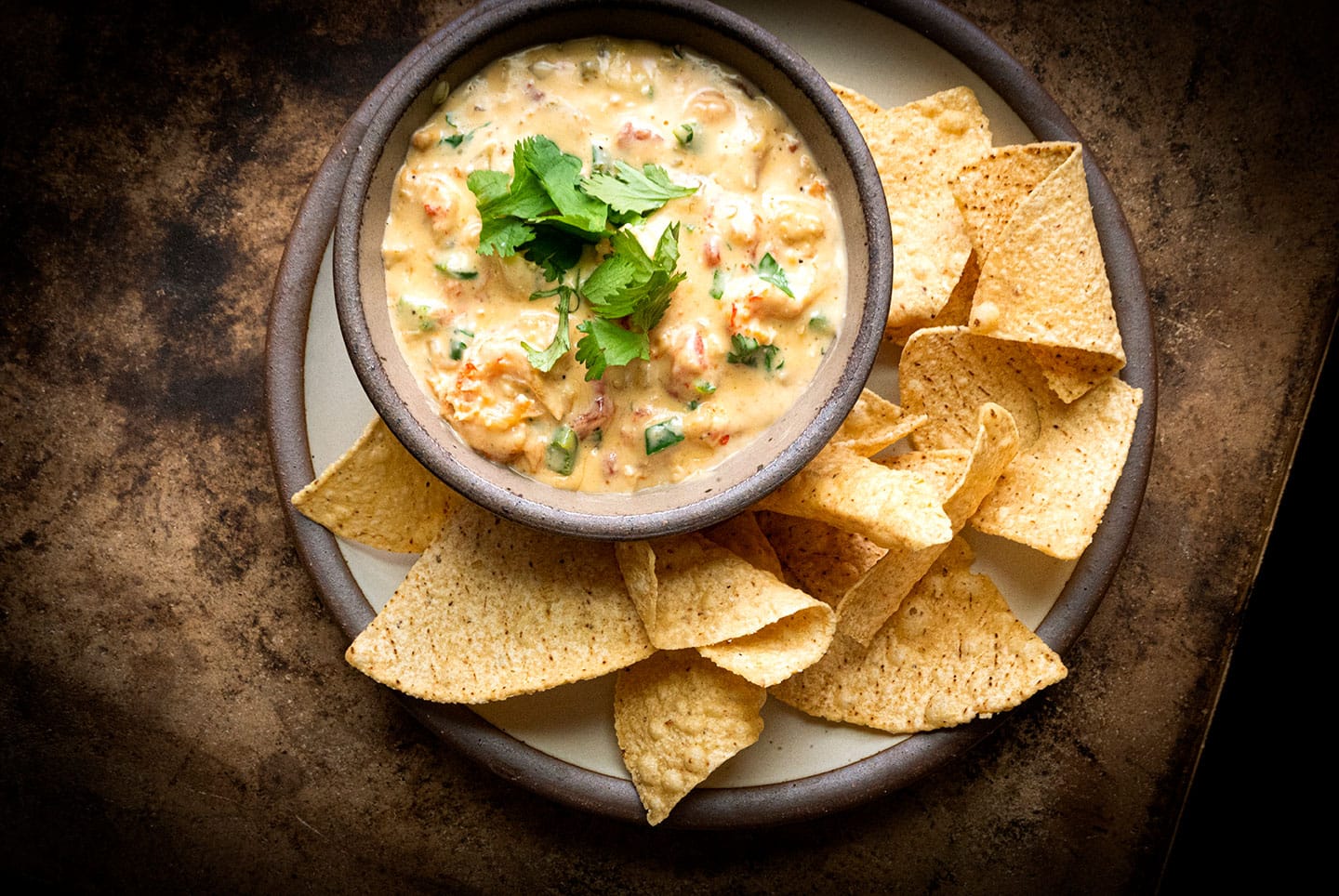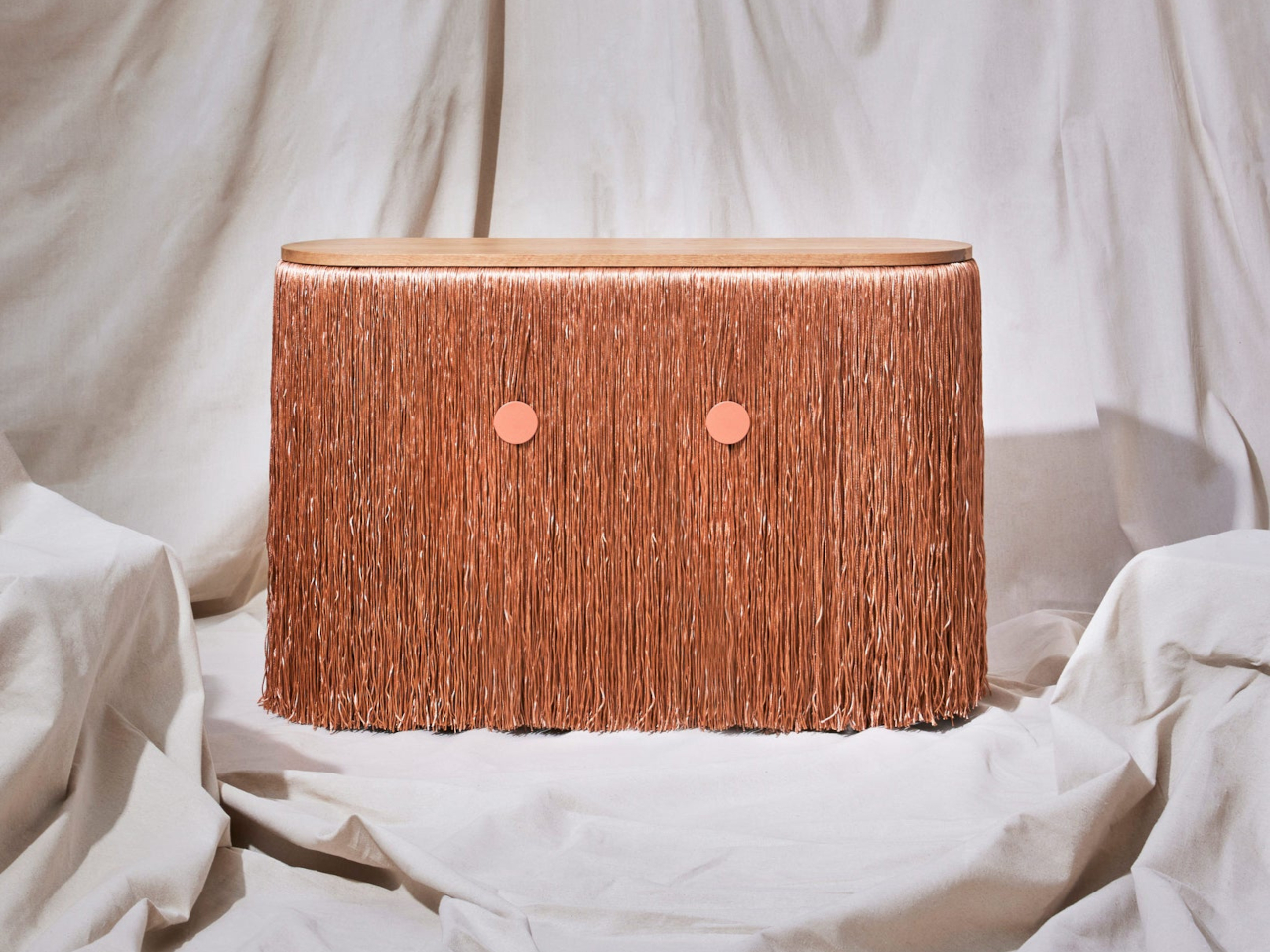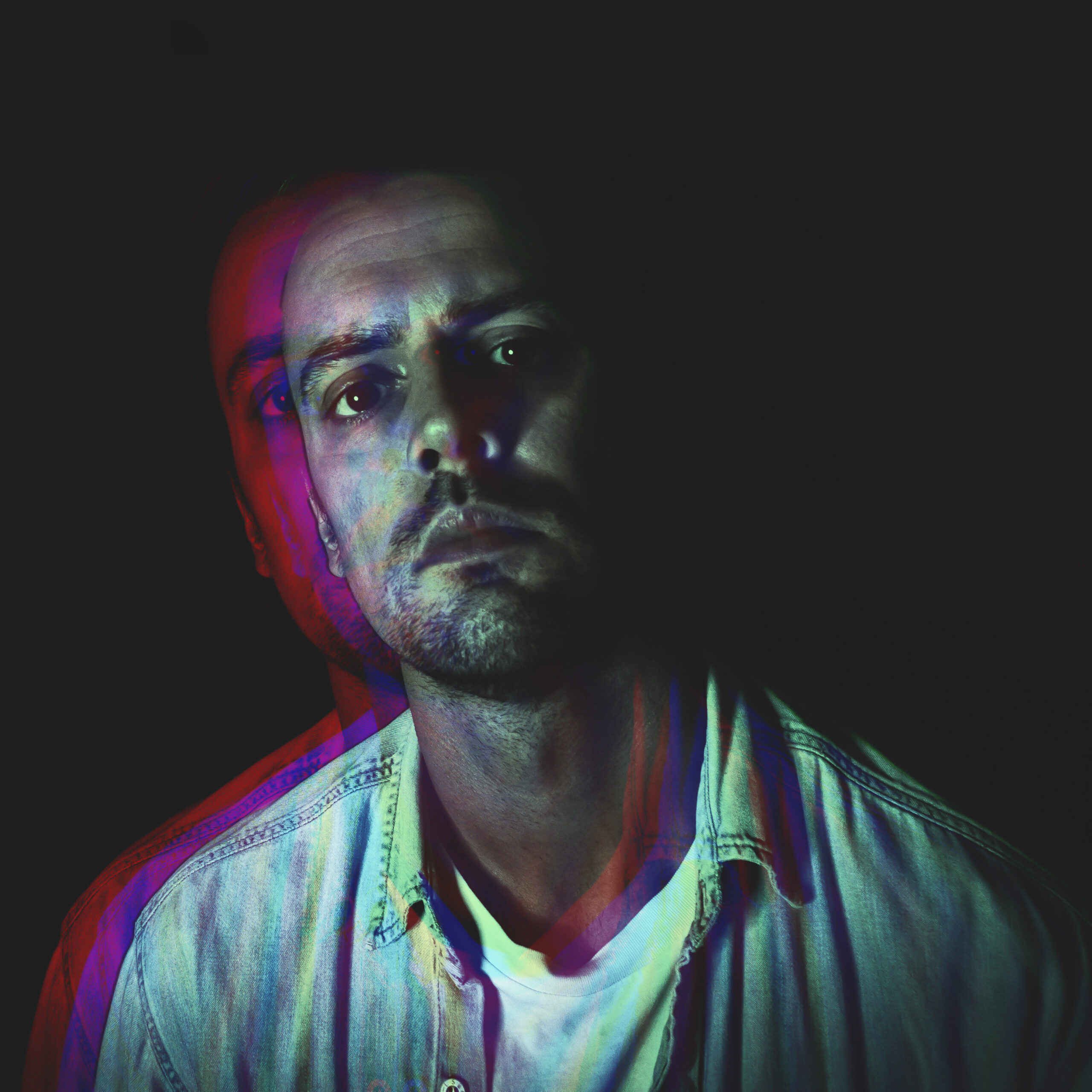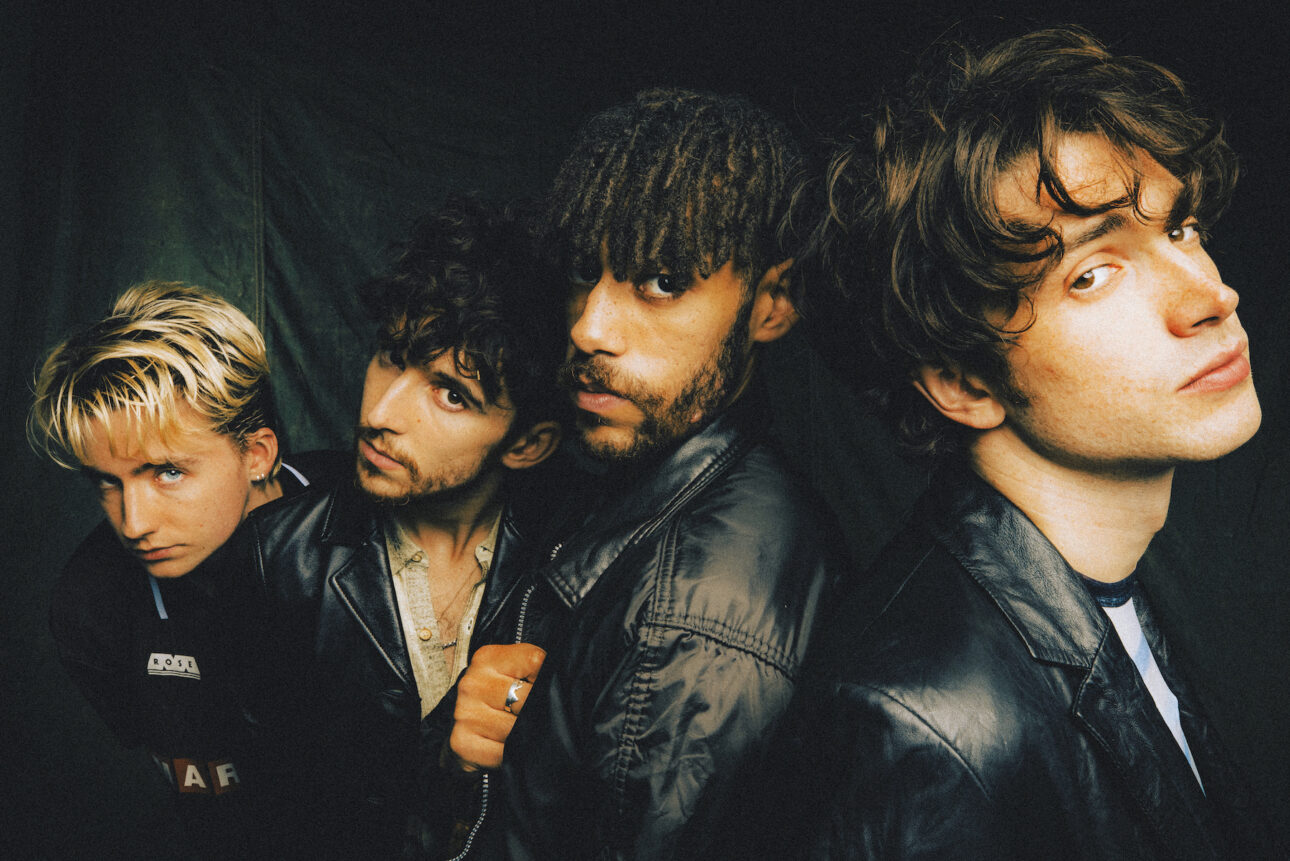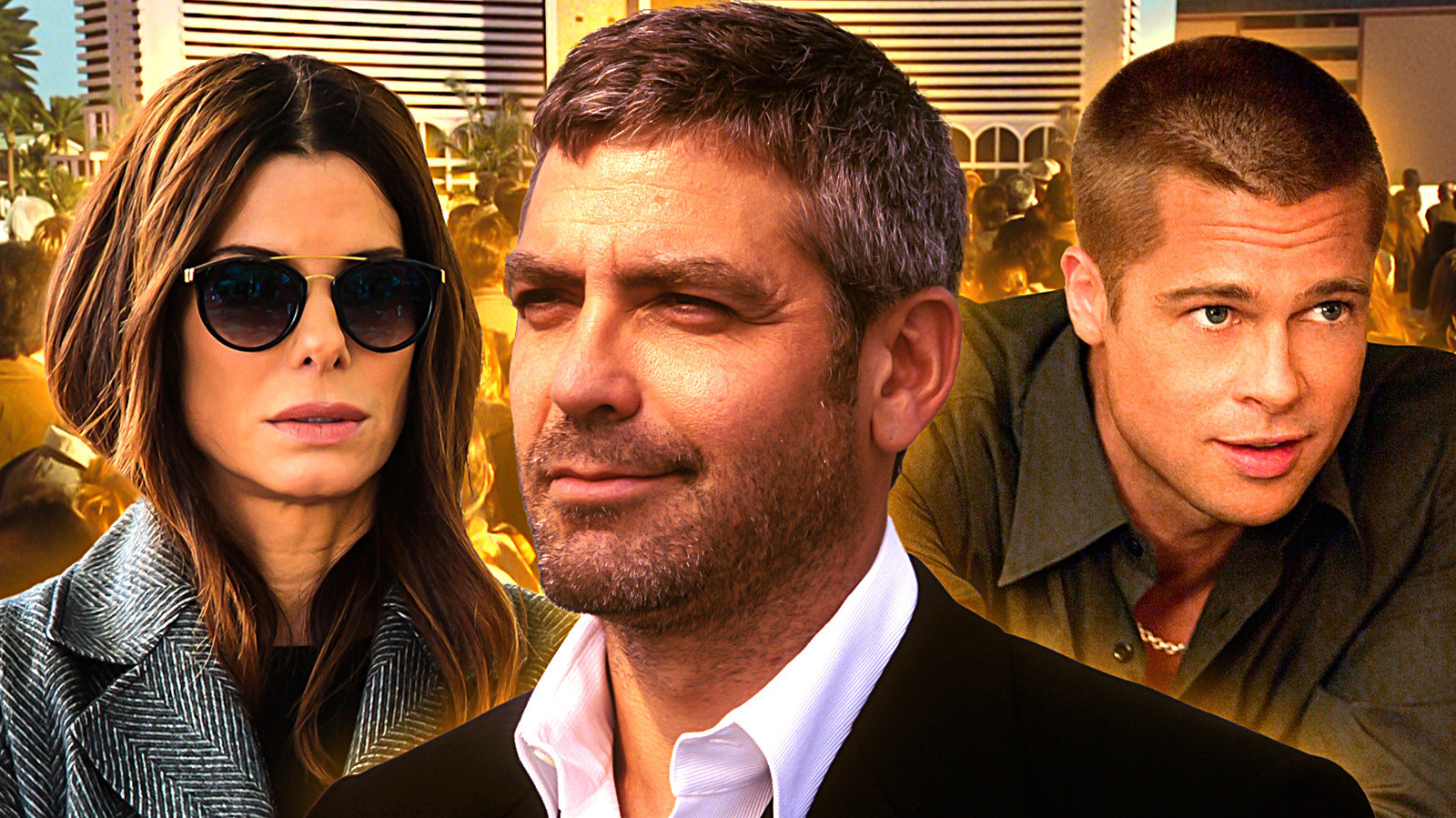Navigating ‘The Madness’ with Composer Philip Klein
With an impressive portfolio that includes collaborations with major studios such as Sony, Disney, and Netflix, composer Philip Klein has established himself as a versatile and innovative force in the world of music composition. He most recently worked on Netflix’s thrilling series, The Madness starring Colman Domingo. Philip’s journey in music composition is fascinating. He studied trumpet performance and composition at Northwestern University and was selected as a fellow for the prestigious Sundance Institute’s Film Composing Lab. Over the years, he has collaborated with renowned composers and orchestrators, contributing to acclaimed projects like Joker, The Mandalorian, and Turning Red.In this interview, Philip shares insights into his creative process for The Madness and discusses how he crafted the show's unique soundscape. We delve into his approach to scoring the thematic identity of the lead character, Muncie Daniels, blending elements of jazz and R&B with moments of Hitchcockian suspense and lyrical simplicity. Philip also provides valuable advice for aspiring composers and reflects on the collaborative process with directors and producers. - YouTube www.youtube.com NO FILM SCHOOL: How did you first become involved with "The Madness," and what drew you to the project?Philip Klein: The showrunners had been made aware of my work on Michael Sarnoski’s Pig and were drawn to the approach Alexis Grapsas and I took on the score. Even though this particular series has almost zero shared musical DNA to a film like Pig, I was grateful they reached out. I loved the first three scripts. There was a 70’s political thriller neo-noir vibe to the show with a very strong lead character, so I saw it as an opportunity to explore a genre I hadn’t yet had the pleasure of working on.NFS: What did the collaboration process look like between you and the producers and/or directors? How did you execute their vision while maintaining your creativity?PK: One of my favorite aspects of this work is learning from my directors, producers, and showrunners. We all experience and interpret music in such different ways and I find that my initial creative spark and inspiration comes most often by having those (sometimes difficult) discussions early on as we’re all finding our footing with where the score will live. All of the showrunners; Stephen Belber, Kaitlin Dahilla, and VJ Boyd, encouraged me to experiment and follow my own instincts, which I appreciated because there were a lot of question marks about how to approach this story. I started to sketch out general atmospheres that explored different sonic worlds, and they’d react to what I wrote. We had an abundance of time on this show because the strike shut down filming for a while, so by the time we got to scoring specific sequences, a lot of the hardest work of finding the identity of the score was already done.NFS: How did you approach scoring the thematic identity for Muncie Daniels?PK: There was a lot of trial and error. We all wanted there to be a recognizable melodic throughline so there would be balance between the paranoia, dread, and fear with the more visceral moments Muncie shares with his family and his personal reckonings. I also wanted to embrace this feeling of the 70’s thrillers without it becoming pastiche or smoky noir. Piano became the foundation for the theme, with solo instruments that hinted at the jazz/noir world color around it. There’s an inherent determination and heroism to a trumpet so early on in the series, as we see Muncie in his element, the trumpet is heard a lot. As his world begins to fall apart, we introduce a saxophone that plays a lot of nervous wavering figures. When we get the more tender moments between Muncie and his family, a flute is introduced. Through it all the piano remains steadfast. NFS: Did you incorporate or draw inspiration from any musical influences, for example– specific genres, artists, or eras? PK: The first references sent to me were All the President's Men, The Conversation, Klute, and Taxi Driver. I spent a lot of time listening to the 1970s work of David Shire, Michael Small, and Bernard Herrmann. There are moments in the pilot that feel very Hictchockian to me, so I focus on small cells of ideas that repeat in an almost maddening way. Those cells develop into thematic ideas as the series progresses.NFS: For a thriller like this series, how do you balance creating suspense with maintaining lyrical simplicity in your compositions?PK: For many years I worked under a brilliant composer, Harry Gregson-Williams, who would say “Don’t overthink it.” I believe some of the most effective suspense scoring is found in simplicity. If you can distill a dangerous moment down to a single sound, you’ll have an audience wrapped around your finger. Suspense, to me at least, should feel almost like holding your breath for a bit longer than you’re comfortable doing, so I worked to find the most direct way of designing that with organi


With an impressive portfolio that includes collaborations with major studios such as Sony, Disney, and Netflix, composer Philip Klein has established himself as a versatile and innovative force in the world of music composition. He most recently worked on Netflix’s thrilling series, The Madness starring Colman Domingo.
Philip’s journey in music composition is fascinating. He studied trumpet performance and composition at Northwestern University and was selected as a fellow for the prestigious Sundance Institute’s Film Composing Lab. Over the years, he has collaborated with renowned composers and orchestrators, contributing to acclaimed projects like Joker, The Mandalorian, and Turning Red.
In this interview, Philip shares insights into his creative process for The Madness and discusses how he crafted the show's unique soundscape.
We delve into his approach to scoring the thematic identity of the lead character, Muncie Daniels, blending elements of jazz and R&B with moments of Hitchcockian suspense and lyrical simplicity. Philip also provides valuable advice for aspiring composers and reflects on the collaborative process with directors and producers.
- YouTube www.youtube.com
NO FILM SCHOOL: How did you first become involved with "The Madness," and what drew you to the project?
Philip Klein: The showrunners had been made aware of my work on Michael Sarnoski’s Pig and were drawn to the approach Alexis Grapsas and I took on the score. Even though this particular series has almost zero shared musical DNA to a film like Pig, I was grateful they reached out. I loved the first three scripts. There was a 70’s political thriller neo-noir vibe to the show with a very strong lead character, so I saw it as an opportunity to explore a genre I hadn’t yet had the pleasure of working on.
NFS: What did the collaboration process look like between you and the producers and/or directors? How did you execute their vision while maintaining your creativity?
PK: One of my favorite aspects of this work is learning from my directors, producers, and showrunners. We all experience and interpret music in such different ways and I find that my initial creative spark and inspiration comes most often by having those (sometimes difficult) discussions early on as we’re all finding our footing with where the score will live. All of the showrunners; Stephen Belber, Kaitlin Dahilla, and VJ Boyd, encouraged me to experiment and follow my own instincts, which I appreciated because there were a lot of question marks about how to approach this story. I started to sketch out general atmospheres that explored different sonic worlds, and they’d react to what I wrote. We had an abundance of time on this show because the strike shut down filming for a while, so by the time we got to scoring specific sequences, a lot of the hardest work of finding the identity of the score was already done.
NFS: How did you approach scoring the thematic identity for Muncie Daniels?
PK: There was a lot of trial and error. We all wanted there to be a recognizable melodic throughline so there would be balance between the paranoia, dread, and fear with the more visceral moments Muncie shares with his family and his personal reckonings. I also wanted to embrace this feeling of the 70’s thrillers without it becoming pastiche or smoky noir. Piano became the foundation for the theme, with solo instruments that hinted at the jazz/noir world color around it. There’s an inherent determination and heroism to a trumpet so early on in the series, as we see Muncie in his element, the trumpet is heard a lot. As his world begins to fall apart, we introduce a saxophone that plays a lot of nervous wavering figures. When we get the more tender moments between Muncie and his family, a flute is introduced. Through it all the piano remains steadfast.
NFS: Did you incorporate or draw inspiration from any musical influences, for example– specific genres, artists, or eras?
PK: The first references sent to me were All the President's Men, The Conversation, Klute, and Taxi Driver. I spent a lot of time listening to the 1970s work of David Shire, Michael Small, and Bernard Herrmann. There are moments in the pilot that feel very Hictchockian to me, so I focus on small cells of ideas that repeat in an almost maddening way. Those cells develop into thematic ideas as the series progresses.
NFS: For a thriller like this series, how do you balance creating suspense with maintaining lyrical simplicity in your compositions?
PK: For many years I worked under a brilliant composer, Harry Gregson-Williams, who would say “Don’t overthink it.” I believe some of the most effective suspense scoring is found in simplicity. If you can distill a dangerous moment down to a single sound, you’ll have an audience wrapped around your finger. Suspense, to me at least, should feel almost like holding your breath for a bit longer than you’re comfortable doing, so I worked to find the most direct way of designing that with organic sources. Often it’s a gnawing sound made from a bowed mandolin or a slow breathy chuffing of the flute. My saxophonist recorded the sound of his keys quickly pressing up and down the instrument and that became this kind of nervous motif. The same mantra goes for the main theme for Muncie, I never wanted it to be a complicated musical statement. It needed gravitas without complication so when we have lyrical moments, the intent is clear and hopefully moving.
NFS: How do you ensure that the score enhances, rather than overwhelms, the narrative?
PK: I find that if you stay in suspense mode for too long, the audience tires quickly and begins to lose any investment in the characters. We made a concerted effort to always come back to our themes because we felt it grounded the story and the characters, allowing the audience to catch their breath. Like I spoke about above, suspense is essentially a holding of one’s breath, so you need to let that go and inhale now and then.
Showrunner Stephen Belber and I also really tried to be sensitive to allowing the actors to have their space on screen. That’s easier said than done, as we often found ourselves thinning the music out a bit more while mixing the episodes. What I try to do throughout an episode is pick a few bigger climactic moments and focus on building the score to them. If you were to imagine this as a horizontal graph, it would look like peaks and valleys where the peaks are the climaxes and the valleys are the more subtle underscore moments.
NFS: Was there ever an unexpected musical sequence or idea that emerged during the creative process?
PK: There’s a sequence in the finale when Muncie finally returns back to his home after having been on the run for most of the series. We had initially placed temporary music that was an upbeat version of his theme but as I started working through the episode it was clear that this moment deserved something deeper than that. Muncie has been without a tether for nearly 7 full episodes but in this moment he feels a sense of safety again. It turned into a nice moment for a larger statement of his theme with several layers of trumpets “heralding” him back home. It’s lyrical but also has a tinge of angst. On the soundtrack, it’s titled “Safe Haven”.
NFS: Do you have any advice for aspiring creatives who are interested in scoring for film and TV?
PK: A lot of this business is going to be out of your control, but the one thing you can always strive for is to put forward your best work when given the opportunity. You never know who will hear the music and who it will move. Beyond that, be a team player and good communicator – music can understandably be an intimidating aspect of post-production so it’s our job to make creatives feel at ease and excited about what’s to come. Care about the people you work with and the story they are telling; learn from their perspectives and you’ll grow more as an artist than you’ve ever imagined.

